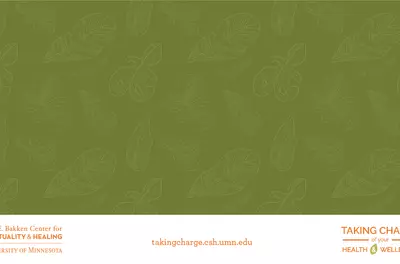Wellbeing, Expanding the Definition of Progress: An Interview with Dr. Alonzo Plough
Did you know there are international organizations that measure wellbeing in comparative countries? In fact, most other countries besides the U.S. have wellbeing measures in their national data systems. The U.S. rarely incorporates aspects of positive health and wellbeing into clinical practice.
The role of wellbeing measurement has been increasingly necessary after the inequitable global wellbeing impact of COVID-19. It’s true - we all experienced the pandemic together. The wealthiest among us spent quarantine singing “Imagine” together on video, safely distanced in a second summer home.
Those luxuries were not afforded everywhere. We see the largest wellbeing impact from COVID-19 in communities with existing health disparities; those with high rates of chronic conditions and unsafe workplace conditions. Places like meat packing communities in the Midwest for example. They experience higher rates of COVID, they’re often the last to get vaccinated, and more subjected to disinformation about vaccines.
In this interview, learn how wellbeing not only is a set of measures and research constructs, but also provides a perspective and a vision for a holistic approach to positive health. Plough explains, “what we measure shapes what we do. If all we measure is disease states, that’s all we address. If we measure wellbeing, then we can start to address resources, policies, and practices. Then we can shift towards those determiners of health.”

Interview with Dr. Alonzo Plough
Skip ahead to hear Dr. Plough answer:
- 0:08 - What is wellbeing?
- 0:55 - From one nation to the next, is there a common definition for Wellbeing?
- 1:55 - Is it hard to collect data about wellbeing? How do we do it?
- 4:10 - Has Covid-19 changed everyone’s wellbeing?
- 6:20 - How can we truly be well in the context of the U.S. healthcare system?
- 8:55 - How are wellbeing and health equity connected?
- 10:49 - How does systemic racism impact our wellbeing? Is it like Covid-19? Is it worse?
- 12:41 - There’s a concept of moving “From Me To We.” How is community wellbeing critical to personal wellbeing?
- 14:41 - What would you like to leave with everyone at the end of this interview?